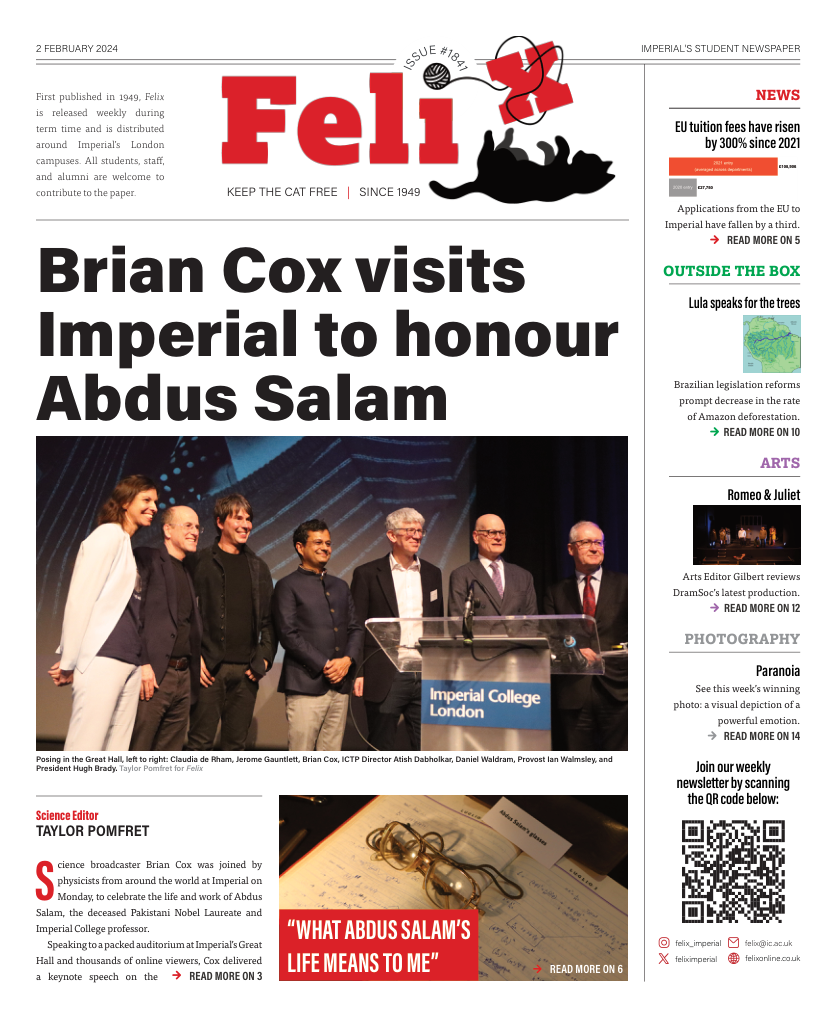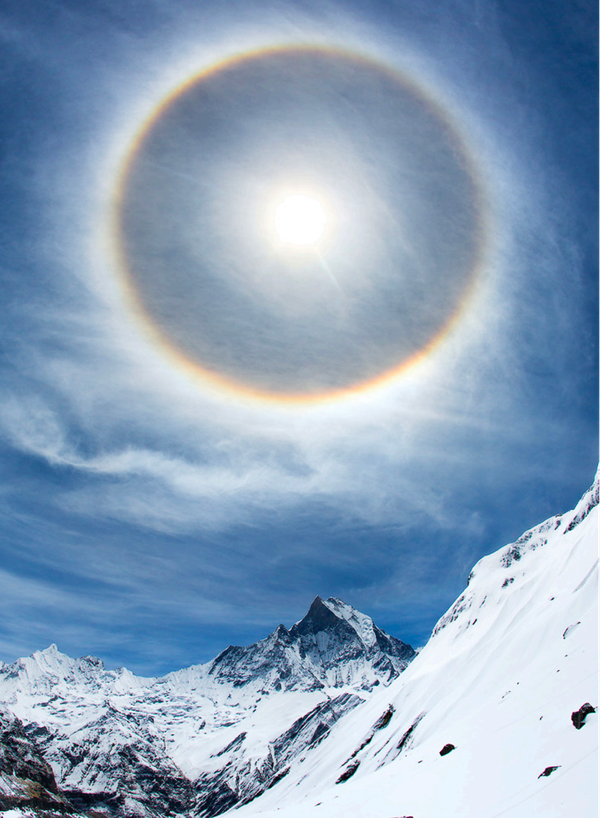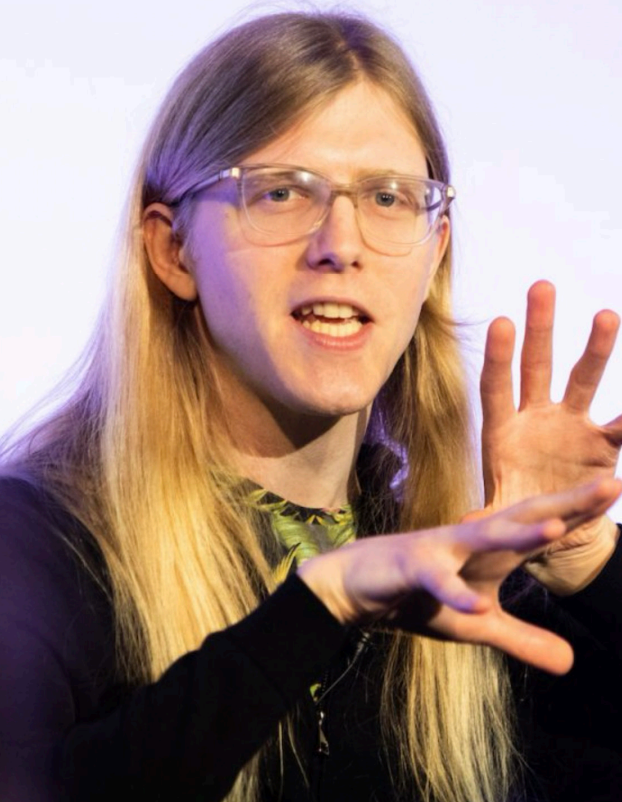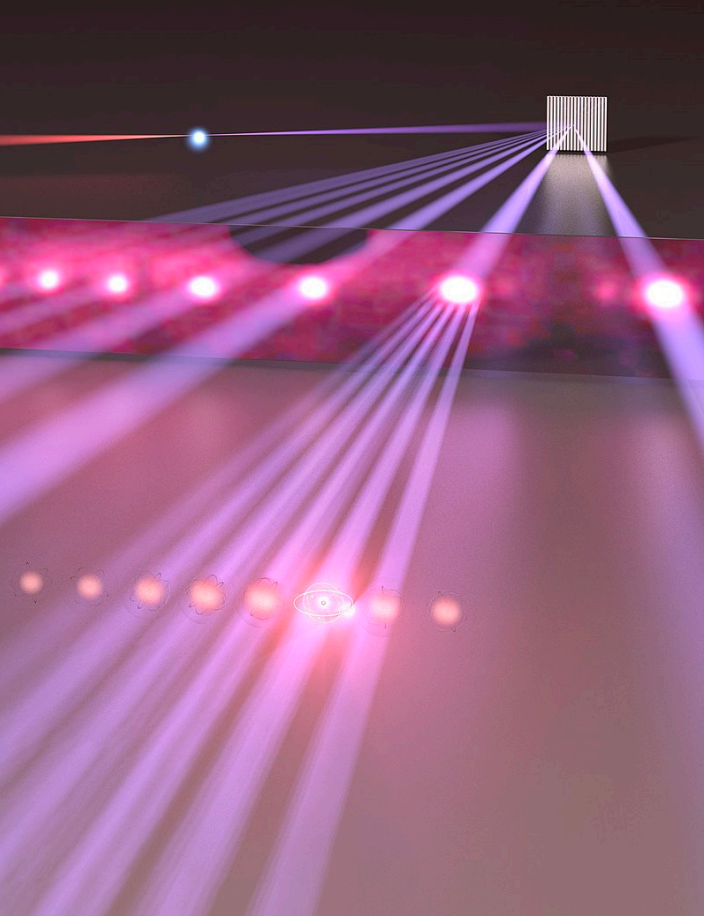Celebrating the life of Abdus Salam
A personal reflection on Abdus Salam’s journey.
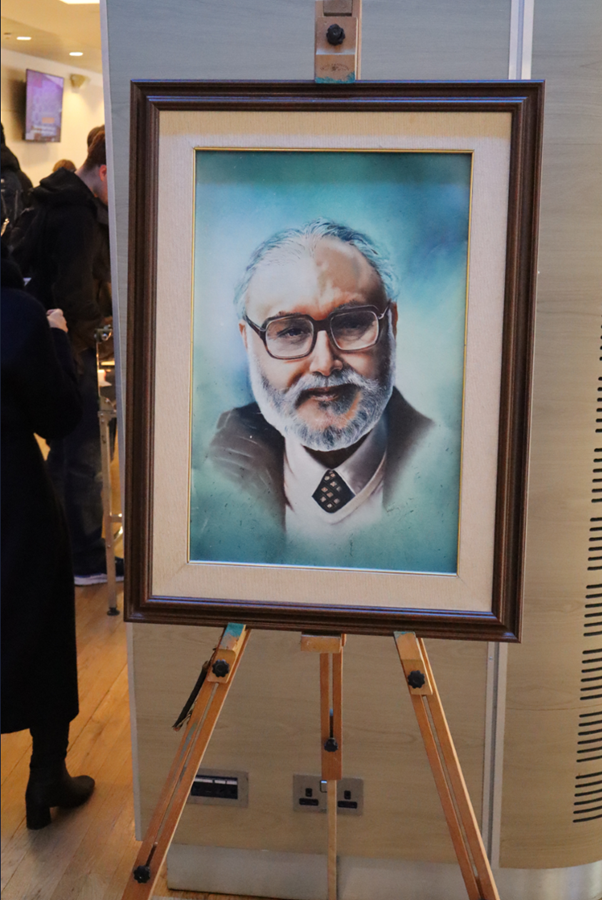
When I first expressed an interest in pursuing physics in high school, my parents’ eyes flashed a glint of recognition that surprised me at first.
But while they knew little about what it meant to actually study Physics, they certainly knew all about the renowned physicist Dr Abdus Salam, as I soon found out.
Not only was he the first Muslim Nobel Prize-winning scientist, but he was also a Pakistani Ahmadi Muslim – just like me.
Born on 29th January 1926 in what is now Pakistan, Salam’s journey was marked by challenges – from growing up in a small town, in a home without electricity, to the discrimination and threat of violence he faced in his own country, as a member of the Ahmadiyya Muslim community. In fact, to this day, the word ‘Muslim’ remains whited out, erased from his gravestone in Rabwah, Pakistan by local authorities.
Salam was reliant on scholarships for his further education, including his studies at Cambridge – in fact, a copy of his application was available to view during Monday’s exhibition.
Despite everything, his relentless pursuit of curiosity, intellect, and excellence lead him to rise above societal prejudices, transcend borders and impact the global scientific community.
His story and achievements as a member of my community fill me with pride.
Salam took great steps within his lifetime to develop a more inclusive environment in science. Notably, he established the International Centre for
Theoretical Physics (ICTP) in Trieste, Italy. The ICTP became a crucible for nurturing scientific talent from developing nations, embodying Salam’s belief that the pursuit of knowledge should be a universal and accessible endeavour.
A booklet from 1966, in which Abdus Salam outlines his reasons for founding the centre, was also on display at Monday’s exhibition,.
Beyond the realms of academia, Salam’s commitment to diversity and scientific diplomacy was exemplified by his work with the United Nations, including chairing a UNESCO advisory panel in 1981.
Abdus Salam’s story resonates with me deeply, in a manner I have not felt elsewhere in the physics community. It triggers a whole host of feelings I find hard to describe. For one, his story fills me with awe at just how much can be achieved by one person, in one lifetime.
It also fills me with a sense of pride and honour for his achievements, as an individual and as a member of my community. Salam acknowledged and showed off his religion and culture proudly, wearing traditional garb as he received the Nobel Prize, and crediting the Quran as the font of his inspiration and achievements.
In touching recognition of this, his personal copy of the Quran and a set of his regularly-used Quranic tapes were displayed at Imperial’s exhibition. For Salam, religion and science were interlinked and totally compatible.
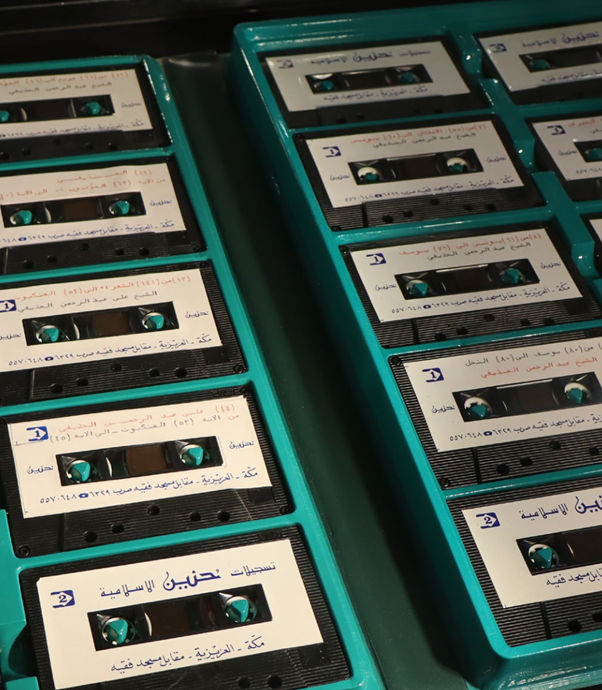
Salam’s story gives me hope and inspiration for a successful career in science of my own, and gratitude for being able to have him as a role model.
However, I also feel a sense of sorrow, as there is so more to be done to fully achieve what Salam set out to do. While the benefits of diversity were acknowledged in Monday’s lecture, a more comprehensive discussion is needed on how this will be achieved. I still see a lack of people like me around and I know that many of my peers continue to feel out of place at Imperial.
May Abdus Salam’s legacy continue to inspire us to foster a world where diversity is embedded in every lab, lecture hall and aspect of living. The exchange of perspectives and collective knowledge can only enrich our scientific understanding of the world, and propel scientific inquiry and advancement. I am excited to see all that physics has yet to offer.

